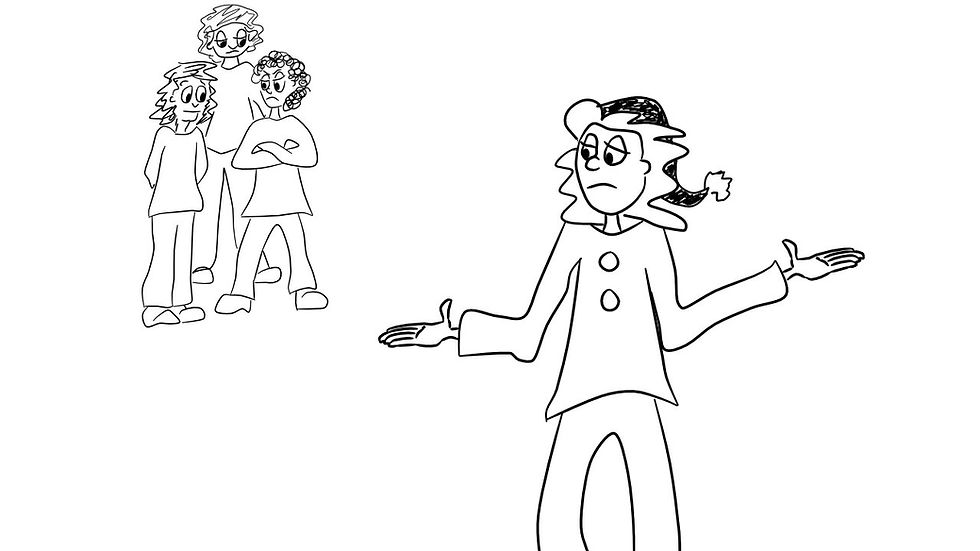Back to School - Managing Anxiety for In-class or Online Learning
- Wenna

- Aug 14, 2020
- 3 min read

Many families are grappling with trying to figure out how to manage the upcoming school year. Across Canada, most have to decide between keeping kids home and trying to juggle the supervision of online learning with the need to work and worry about sending kids back into potentially crowded classrooms. The impact of COVID has created a lot of issues around mental health and education.
I spoke to some of my students this week about how they were managing the whole ‘back to school or not’ decision. There seemed to be an even division between going, not going and undecided. There was concern over what the in-class experience will be like and worry about the potential loss of social connection if they remain at home.
From sitting in on my local town hall meeting with my MPP, there is a lot more stress from parents and staff. The article “How to Manage Back-to-School Stress and Anxiety During All This Uncertainty” has some useful tips for those of you leaning towards online learning. Most of it is fairly obvious once you read it, but isn’t that true of most good advice? I really appreciate what Kelsey Ogletree has to say about pooling resources/skills with other families also doing online learning.
Whether you opt for in-class or online, remember that you and your family can change your minds at any point. Middle schoolers are old enough to have a conversation with you about what they want and need. Sometimes they do still need a parent to prompt that conversation. This is a family decision. I say this a lot, but getting feelings (worries) out is better than keeping them in. Not only for the relief factor but when something is written down is easier to deal with because now it is concrete; you can see it. It stops growing like a monster in your head. If you or your child is struggling with the choice, try making 2 sets of lists. The first is for going back to school, and the second for online learning.
What are the advantages to (online/in-class)
What are the concerns?
Are there reasonable, manageable things I/we can do to reduce the concerns?
Who is or can be part of a support network?
How can we safely maximize the social element?
Finally, circle any items from the lists that carry more weight. You may find one option has more advantages than the other, but they seem less important.
COVID 19 has created perhaps the most significant disruptions to our collective lives and certainly to our kid’s education. However, our kids have not stopped learning because they have not been in a classroom. Nor will they stop learning if they return to a classroom situation, unlike anything any of us have ever seen. They will not have a lifelong deficit from being away from a traditional classroom. Kids are resilient. Focus on their mental health first. The learning is always happening one way or another - we’re wired that way.
If you or your child are finding yourselves in a negative thought cycle over the loss of education, you may find using the following questions helps you to see things in a slightly different light.
What parts of home life are they (or could they be) engaging in more frequently or deeply?
Cooking
Budgeting
Helping with childcare
Gardening
Building something
Are they freer to pursue passion projects or new activities?
What are they/can they do at home that provides them with the same skills they would practice at school?
Following a recipe; literacy, sequencing, measurement and proportion
Budgeting; real-world math
I do not mean to say that this has been a good experience for all. It hasn’t. However, we cannot delete COVID from our lives, so it is vital to figure out how to live with it. Nothing is permanent. We will come through this. Getting through this is a collective endeavour. Stay well. Reach out. You are not alone.




Comments